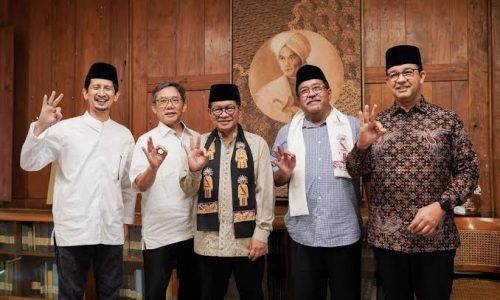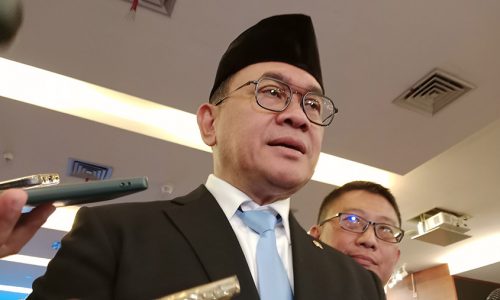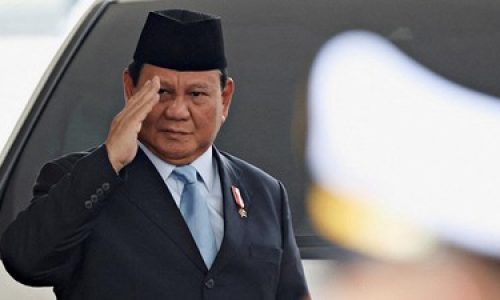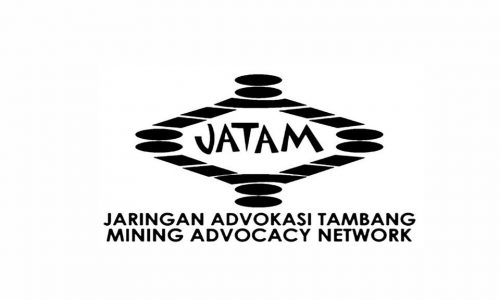The Indonesian Palm Oil Entrepreneurs Association (GAPKI) aligns with the government’s firm rejection of the European Union Deforestation Regulation (EUDR).
Emilia H. Elisa, Foreign Ministry Representative, highlights the EUDR’s multidimensional impact, particularly on isolated small-scale farmers within the supply chain.
EUDR, an internal EU decision without formal involvement of producer countries, triggers Indonesia’s resolute stance—“Not comply,” affirms Emilia on December 11, 2023.
Emilia emphasizes strengthening the Sustainable Palm Plantation National Action Plan (RAN-KSB), crucial to address issues related to the implementation of Indonesia Sustainable Palm Oil (ISPO).
GAPKI echoes the government’s rejection, reinforcing Indonesia’s position, as stated by Azis Hidayat, Gapki’s Plantation Division Chairman.
Tauhid Ahmad from Institute for Development of Economies and Finance (INDEF) sees the government’s firm stance against EUDR as reasonable, protecting Indonesia’s palm oil interests amid EU proposals perceived as detrimental.
EUDR’s long-term effects on global palm oil production and short-term reduction in Indonesia’s European market share underscore the need for swift ISPO improvements.
Sunny W.H. Reetz, the Executive Director of the Indonesian Blue Green Inclusive Economic Foundation (YEIBHI) suggests industry downstreaming as an alternative to counter EUDR’s negative impact, emphasizing the crucial role of ISPO in sustainable palm oil management.
Agus Purnomo the Director PT Sinar Mas Agro Resources and Technology Tbk highlights ISPO’s equivalence to recognized international sustainability certifications, emphasizing its role in ensuring Indonesia’s palm oil industry meets global standards.









